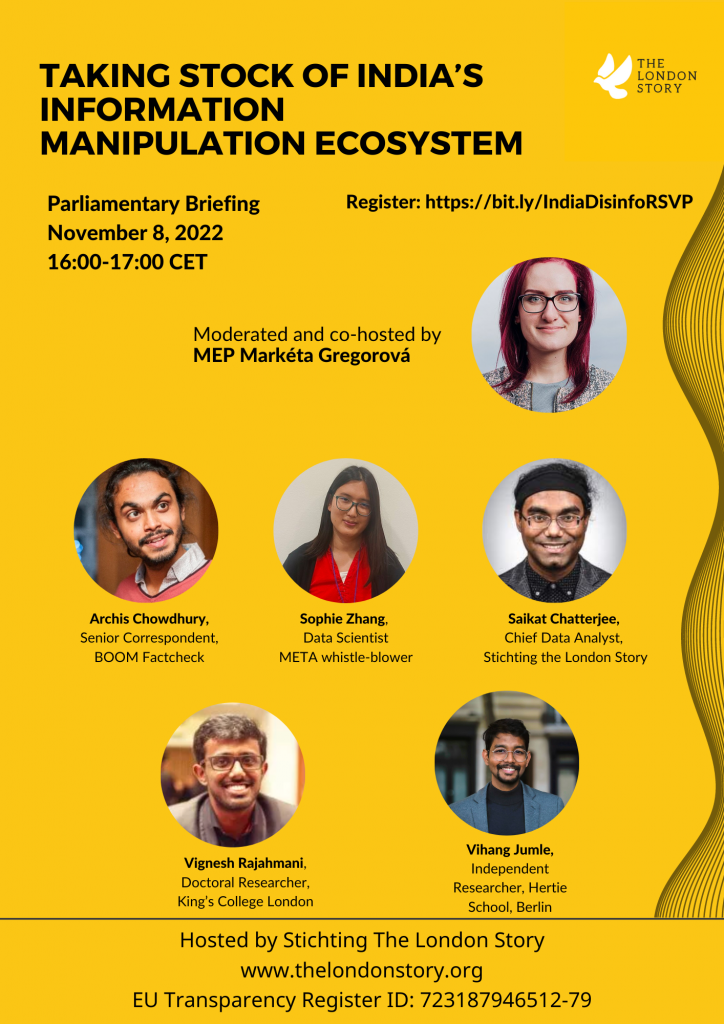Sharing from the complete dataset of BOOM’s fact-checks in 2021, Archis Chowdhury noted that over half of all disinformation identified was of political nature. While attributing responsibility is not possible, given the anonymity of the internet, the majority of disinformation favoured right wing Hindutva ideology. Adding onto this, Dr Saikat Chatterjee highlighted that Facebook pages spreading such harmful content range from fan pages, to news sites, to political actors, to more general pages, thereby pointing to a dangerous mainstreaming.
The expert panel expressed concern especially about the involvement of political actors in information manipulation in India. As Facebook whistle-blower Zhang highlighted in the briefing, disinformation is spread by actors connected to several political parties. “India is undergoing a troll farm arms race,” said Sophie Zhang. The use of troll farms and “IT Cells” hired as “mercenaries” by political parties is normalised, she noted, which constitutes a serious risk for democratic deliberation. Notably, India’s Home Minister Amit Shah in 2018 when addressing the BJP’s IT cell announced: “We are capable of delivering any message we want to the public, whether sweet or sour, true or fake.”
Looking ahead, the panel expressed concern about future trends in India’s information manipulation ecosystem. Sophie Zhang explained that neither the Indian government nor social media platforms have taken adequate steps to address information manipulation in India. On the one hand, even though the Indian Parliament invited Zhang to testify in November 2021, the Parliament’s Speaker has prevented this to date. On the other hand, platforms have so far done insufficient to respond to evidence of coordinated amplification of harmful content in India, which the panellists expect will only deteriorate with the takeover of Twitter by Elon Musk. “Elon Musk will not pay attention to things in India. Additionally, most governments are only interested in what is happening in their own countries. It is unlikely there will be any action on India,” she noted.
As political agenda-setting increasingly occurs through social media, the experts raised questions about the ability of EU citizens and Indians to forge meaningful cross-border networks across identities and nations within an ecosystem of information manipulation.



